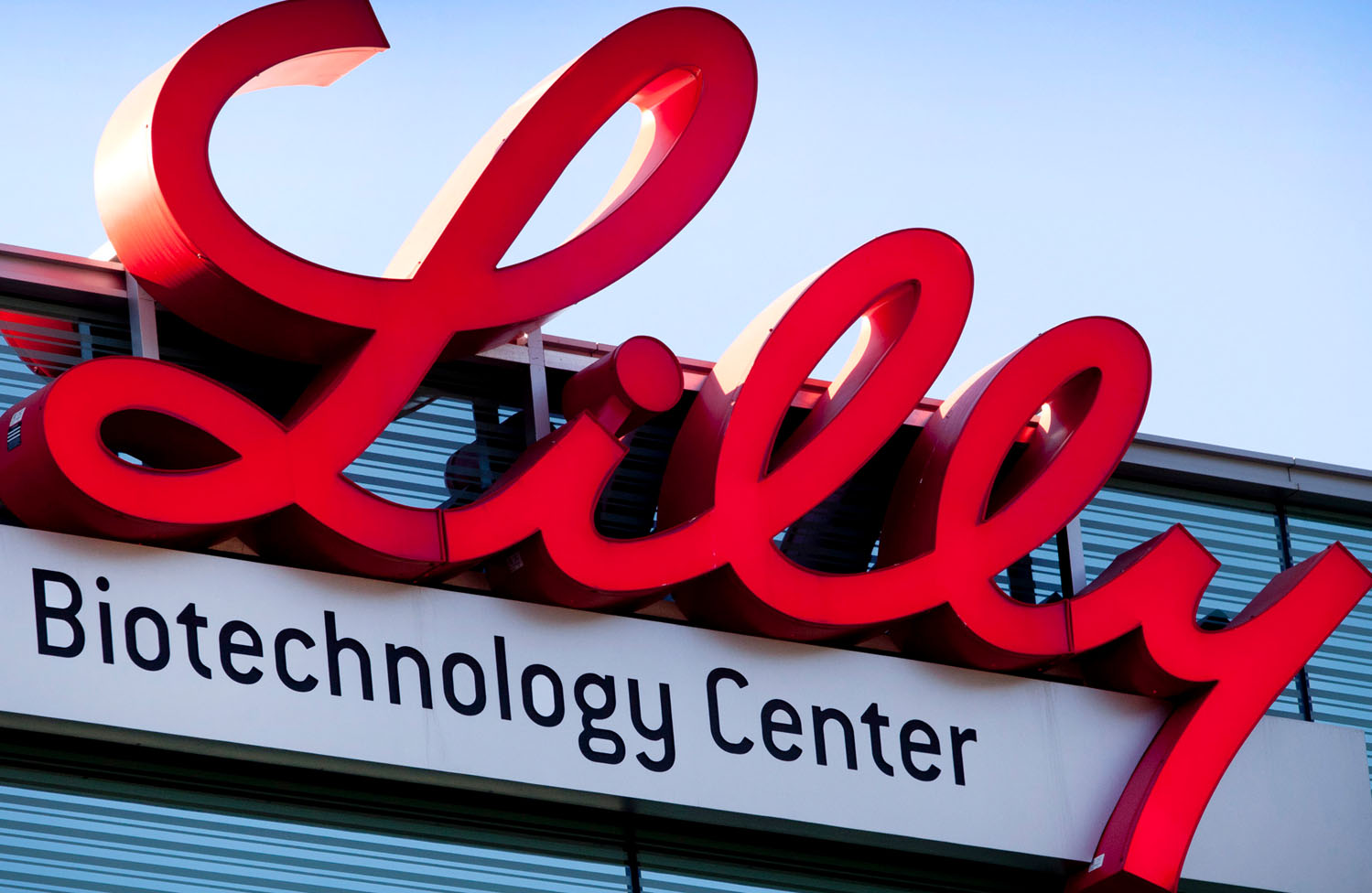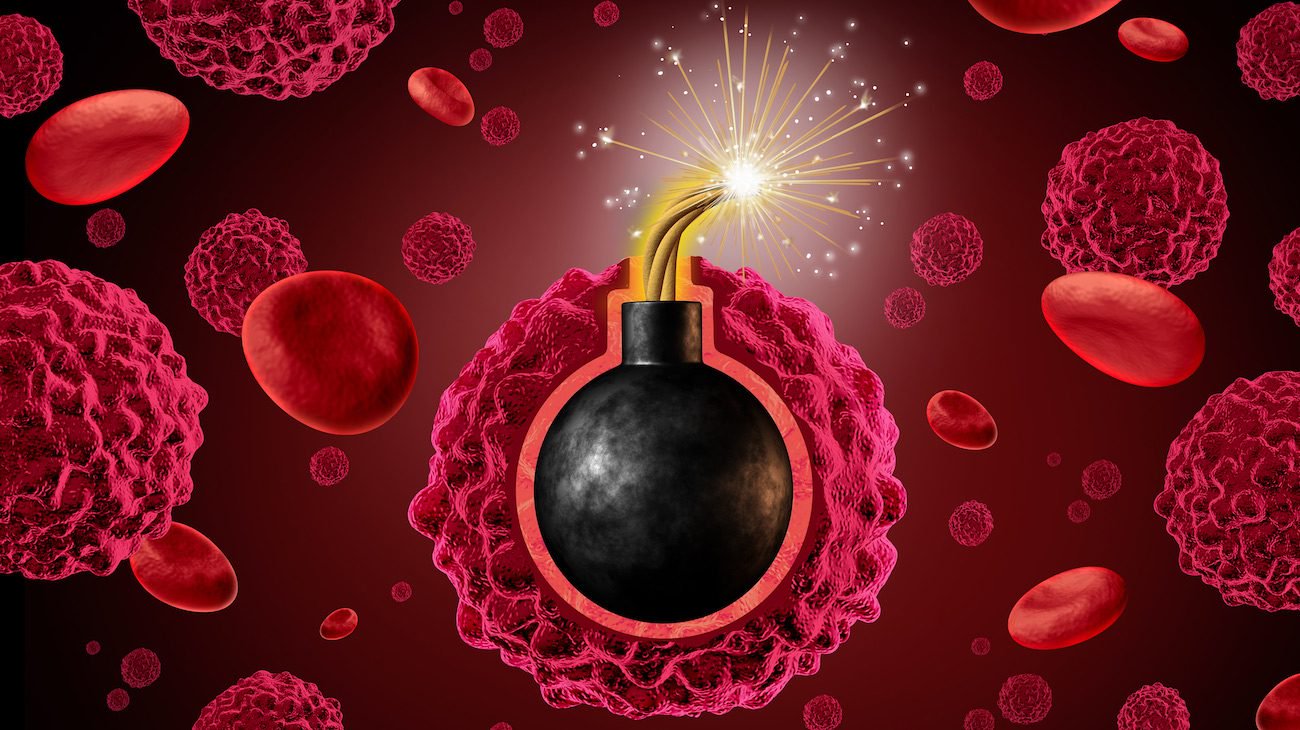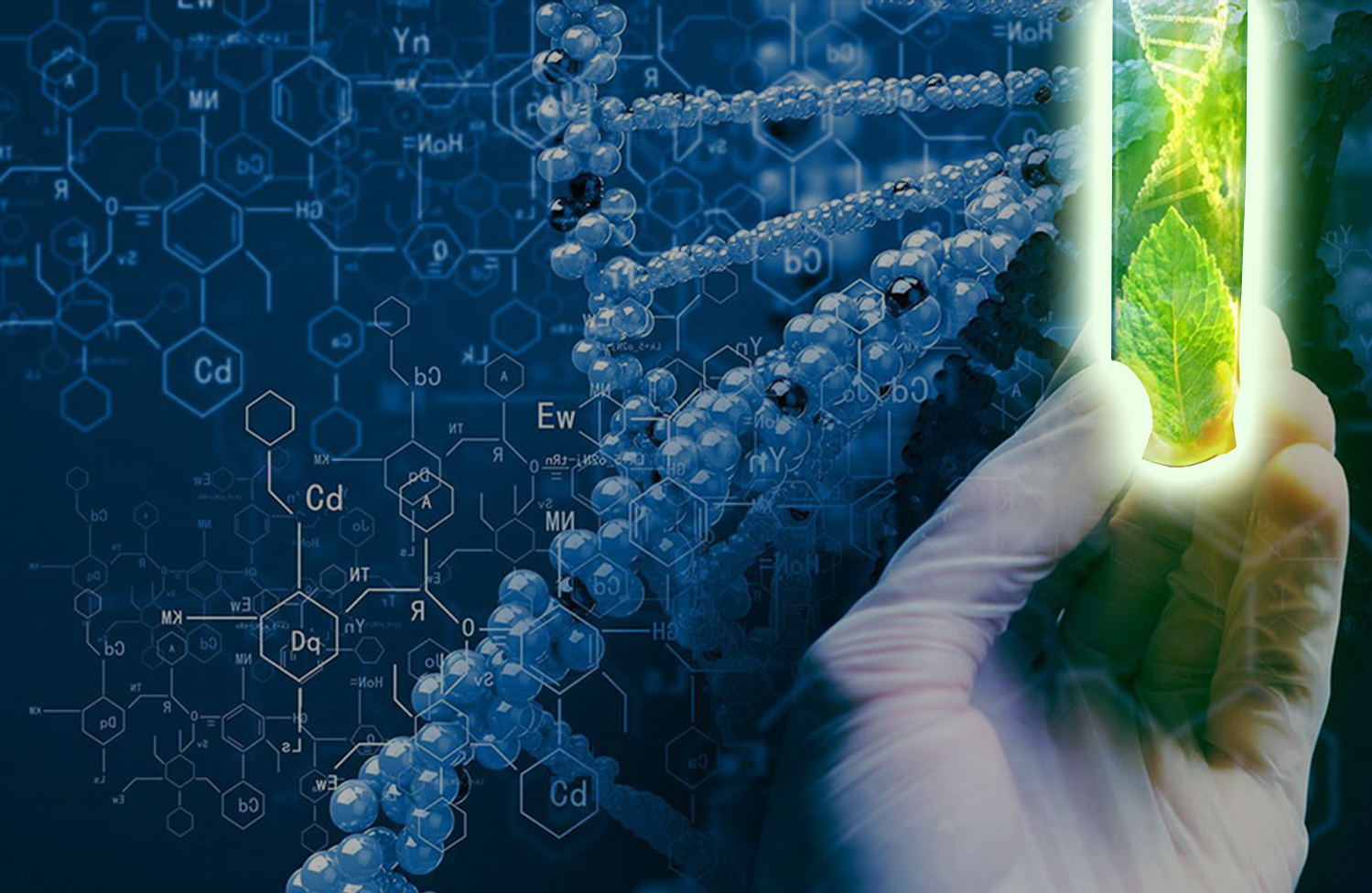About 30 million adults in America suffer from diabetes, with recent studies showing that 90 percent to 95 percent, about 1 in 10, of them suffer from type 2 diabetes. When a person is diagnosed with diabetes, this means that their body cannot absorb glucose, taken from consumption of food and drink, from their bloodstream. Diabetes takes two forms; diabetes type-1 and type-2, both with varying effects, in addition to causing issues with glucose absorption.
When a person suffers from diabetes type-1, their pancreas can no longer produce insulin. Insulin is the hormone responsible for processing glucose in hopes of being absorbed into the bloodstream. Alternatively to diabetes type-1, if a person has diabetes type-2, the pancreas does produce the insulin hormone, but similarly to my face when someone on the street asks if I’d like to give to Greenpeace today, the body does not know how to respond to the hormone’s signals.
Consequently, if an individual is diagnosed with type-2 diabetes, this means that their body cannot process the insulin hormone, the glucose is not absorbed into the body and just accumulates in the person’s bloodstream, thus causing large deposits of glucose (sugar) in the blood, commonly known as “high blood sugar.”
Cue the Superman theme song, the one from the old Christopher Reeve movies, none of this “Zack Snyder Superman vs. Batman” nonsense.
Enter Eli Lilly and Co (LLY) a pharmaceutical company with only the purest intentions, determined to create a new drug to help lower blood sugar for individuals suffering from type-2 diabetes. According to research released from the company, the drug seeks to target two hormones (GLP-1 and GIP) simultaneously, compared to currently available drugs that only tackle one hormone, typically GLP-1.
Briefly dipping into the sexy science of these medications, GLP-1 (glucagon-like-peptide-1) and GIP (glucose-dependent insulinotropic peptide) gesundheit, are incretins, which means they have the ability to decrease blood sugar levels by encouraging production of insulin.
Eli Lilly and Co (LLY) announced Thursday, Oct. 4, 2018, that the data from a “mid-stage trail” of their drug “lowered blood sugar and reduced weight” in type 2 diabetes patients, reducing blood sugar levels by up to 2.4% and stimulating weight reduction by 12.7%.
The company said a phase 2b trial of dual GIP and GLOP-1 receptor agonist shows “strong and clinically meaningful blood sugar reduction and weight loss” for people affected by type 2 diabetes.
“These phase 2b clinical trial results for GIP/GLP-1 RA are unprecedented, and the impressive blood glucose and weight reductions seen may lead to a new treatment option”
– Juan Frias, Principal Investigator at the National Research Institute
Following the announcement of this news,
Eli Lilly and Co (LLY) shot up 5.81% to $115.15 in early trading on 10/4/18
Lilly said, in a statement to the industry, that it is their intention to complete its late-stage study for the new diabetes drug in late 2021, and is considering the drug for treatment of obesity and other diabetes-related conditions.
The drugs being tested and, hopefully, offered to the public, are being worked on at a time where Americans are finding out, left and right, that they have some form of diabetes. The issue with diabetes is that, on occasion, symptoms may go unnoticed and people continue to live their lives with no indication that they are ill. Doctors say that if a person lives with diabetes for too long without getting tested and discovering they have the disease, this can result in the development of serious health complications, including heart disease, kidney disease, potential dialysis, and even loss of sight.
If you have any concern that you might be suffering from diabetes, doctors recommend coming in for a blood test. This test is a finger prick of blood, and results are available relatively soon after.
Weight management is important and should not be overlooked, so do yourself and, if applicable, your family a favor, and watch your diet, exercise for at least thirty minutes a day, and you should be good to go.




